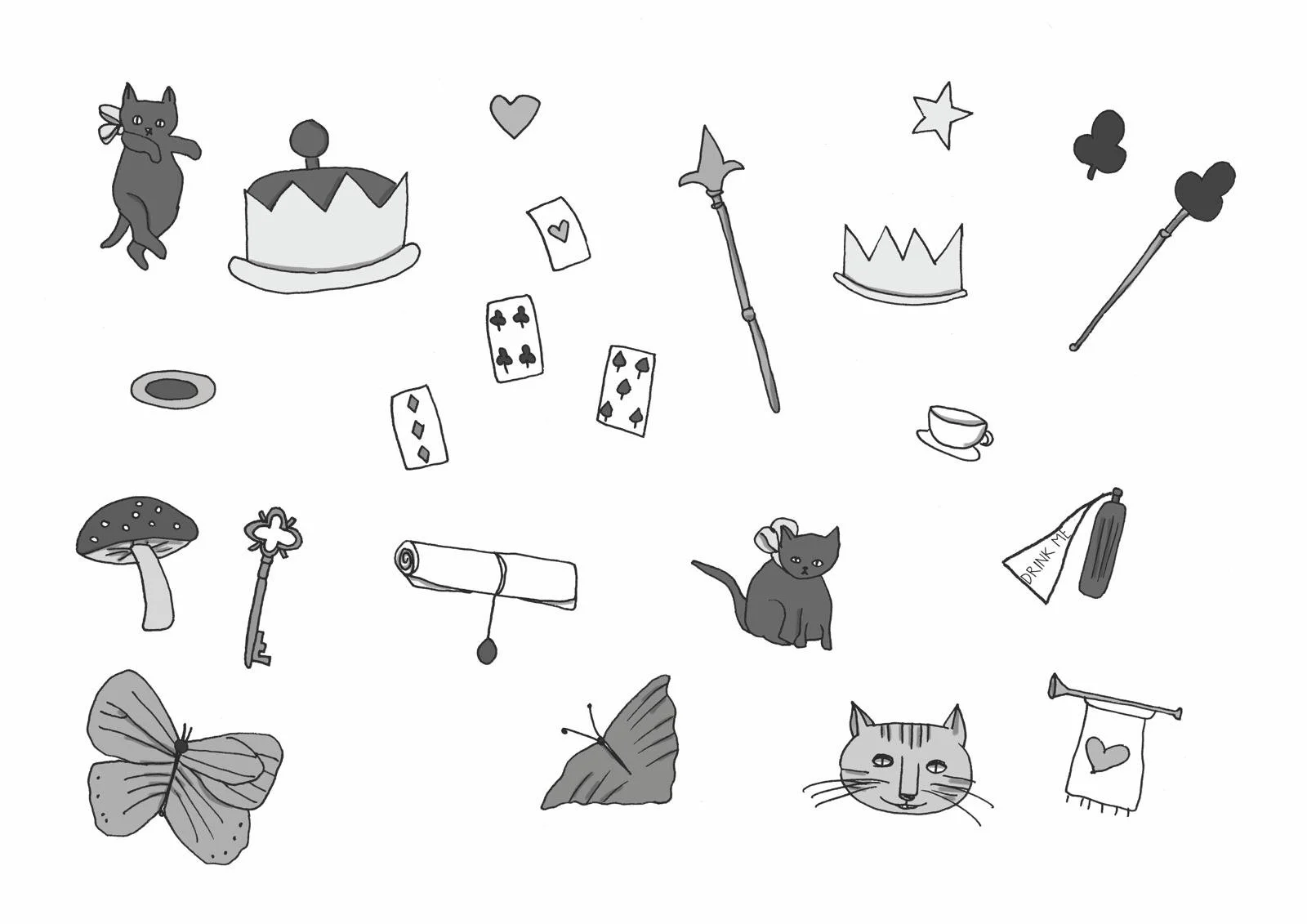
“The question is… which is to be master—that’s all.”
— Lewis Carroll, Through the Looking-Glass (1871)
Ableism: Challenging the ‘Normal’ Order
“Ableism is not a series of isolated acts, but an entire system that positions some bodies and minds as worth more than others.”
Fiona Kumari Campbell (Contours of Ableism, 2009)
Reframing Inclusion Through a Neurodivergent Lens
Ableism is more than individual bias—it is a deeply embedded systemic prejudice that privileges “able-bodied” and “neurotypical” norms while devaluing, erasing, or pathologising those who move, think, sense, or communicate differently. At Alice’s Wonderland, challenging ableism is a foundational part of our work. We actively disrupt compliance-based definitions of “normal”, and create space for neurodivergent and disabled ways of being to be recognised as valid, vital, and valuable. This reframing builds on the concept of Structural Empathy Failure structural empathy failure, showing how ableism is not just interpersonal but embedded in systems that refuse to adapt
In Alice’s Adventures in Wonderland, notions of normality are subverted at every turn—Alice shrinks and grows, navigates absurd logics, and meets characters who defy social expectations. These disorienting encounters highlight just how arbitrary, exclusionary, and power-laden so-called norms can be.
“You’re mad, bonkers, completely off your head. But I’ll tell you a secret. All the best people are.”
— Lewis Carroll, Alice’s Adventures in Wonderland, 1865
☆ Why Ableism Matters at Alice’s Wonderland
✩ Rejecting One-Size-Fits-All Standards
We refuse the logic that says inclusion means assimilation. The Red Queen’s demand for obedience and uniformity is a metaphor for ableist systems that punish divergence. At Wonderland, we reject this logic. “Madness,” “nonsense,” or “dysfunction” often represent creative insight, sensory wisdom, or protest in disguise.
✩ Valuing Every Body and Mind
Ableism operates by positioning certain minds and bodies as more worthy, productive, or “functional” than others. At Alice’s Wonderland, we ask: Who defines those metrics? Who benefits from them? In challenging those hierarchies, we centre relational, sensory, and emotional experiences—not just what can be measured. In doing so, we resist neuronormativity—the hidden assumption that neurotypical ways of being are the default—and affirm difference as generative.
✩ Fostering True Inclusion
True inclusion isn’t reactive or conditional. It begins with the assumption that human variation is expected. Instead of forcing neurodivergent and disabled people to adapt to environments that weren't built for them, we design with plurality and access in mind from the start.
☆ Theoretical Grounding
Our understanding of ableism is informed by scholars such as:
✩ Fiona Kumari Campbell (2009), who introduced the concept of “the normate”—the unmarked, idealised body/mind standard that ableism defends through policy, language, and systems.
✩ Rosemarie Garland-Thomson, whose work on “misfitting” describes how exclusion often results from the interaction between bodies and environments, not inherent “deficits.”
✩ Critical autism and neurodivergence scholars, such as Melanie Yergeau and Anne McGuire, who show how neuronormativity is central to ableism—requiring autistic people to translate, suppress, or “perform normal” to be seen as legitimate.
✩ Disability justice activists, including Mia Mingus, who emphasise that accessibility must be relational, political, and collective—not just technical.
Recent work by Botha & Gillespie-Lynch (2022) highlights how intersectionality deepens our understanding of ableism, showing how race, gender, class, and neurology intersect to amplify exclusion. Alice’s Wonderland extends these insights through the ideas of narrative disobedience and neurokinship, framing story and solidarity as counterforces to ableist erasure
☆ Ableism in Action
Ableism shows up when:
✩ An autistic child is excluded from play because they don’t make eye contact.
✩ A neurodivergent adult is told they are “too emotional” or “too intense” for the workplace.
✩ Support is denied because someone “seems fine” or “just needs to try harder.”
✩ A parent-carer is labelled “difficult” for advocating persistently.
✩ Emotional regulation, sensory distress, or shutdown is misread as defiance.
These are not personal failings—they are signs of inaccessible systems, symptoms of structural empathy failure.
☆ A Wonderland Approach to Anti-Ableism
At Alice’s Wonderland, we:
✩ Deconstruct “normal” as a political fiction—not a biological truth.
✩ Honour distress as communication, and stimming as self-regulation.
✩ Refuse functioning labels that obscure context and complexity.
✩ Name ableism when we see it—in policies, language, assumptions, or silence.
✩ Treat “nonsense” as a doorway to deeper truth, not something to be corrected. We cultivate a narrative ecosystem where divergent stories are not marginal notes but structural foundations
☆ Imagining Otherwise
Much like Wonderland, the world we seek to build refuses linearity, hierarchy, or uniformity. We imagine a future where access is generative, not gatekept—where “difference” is the starting point, not a problem to fix. This vision is rooted in neurokinship: building belonging across divergent lives
“Ableism says: Why can’t you just…?”
Wonderland replies: Why should I?”
➽ This entry is part of the Key Concepts series at Alice’s Wonderland, exploring the frameworks that shape how we think, connect, and create. If you’d like to contribute your own reflections or join the conversation, we’d love to hear from you.

